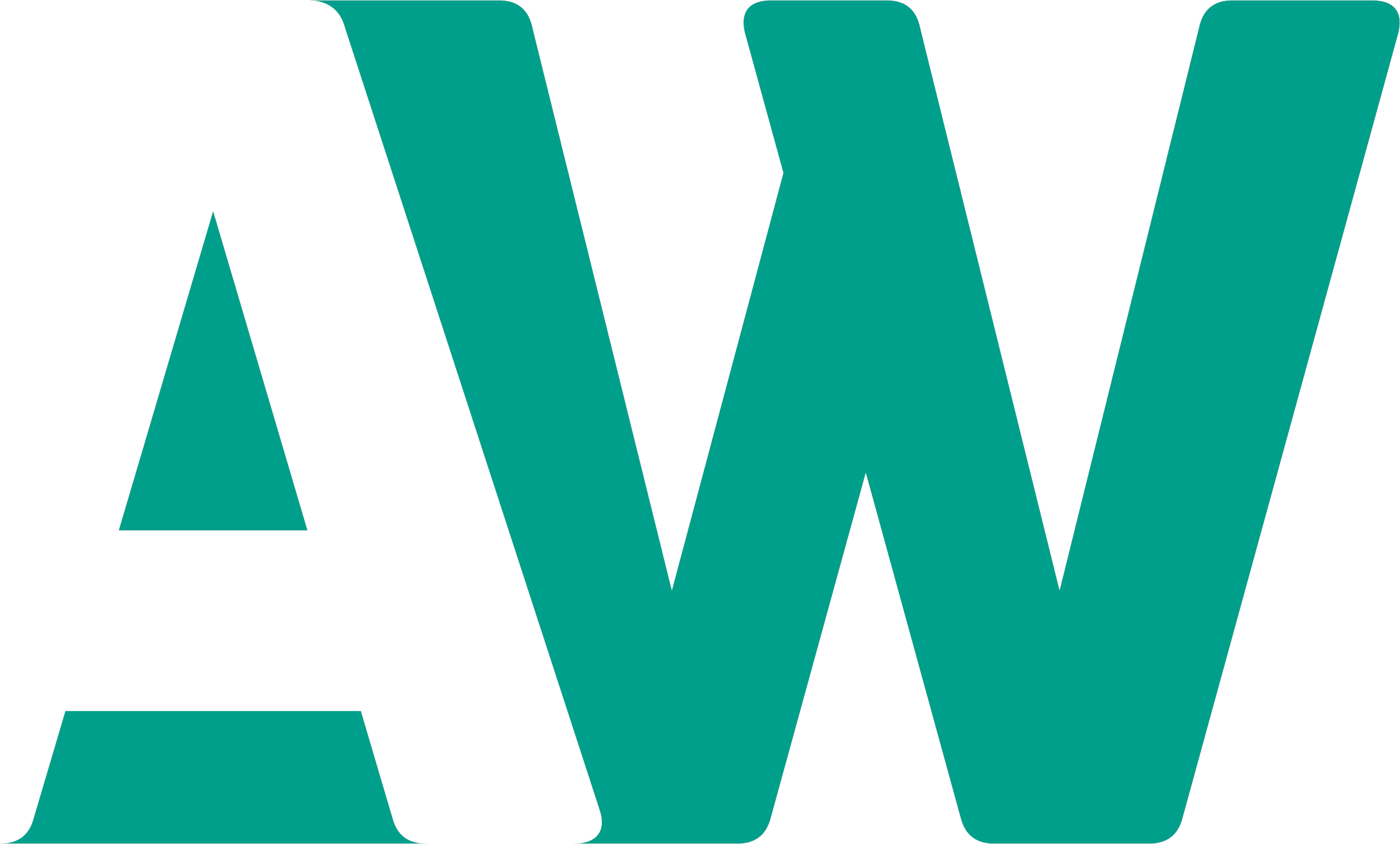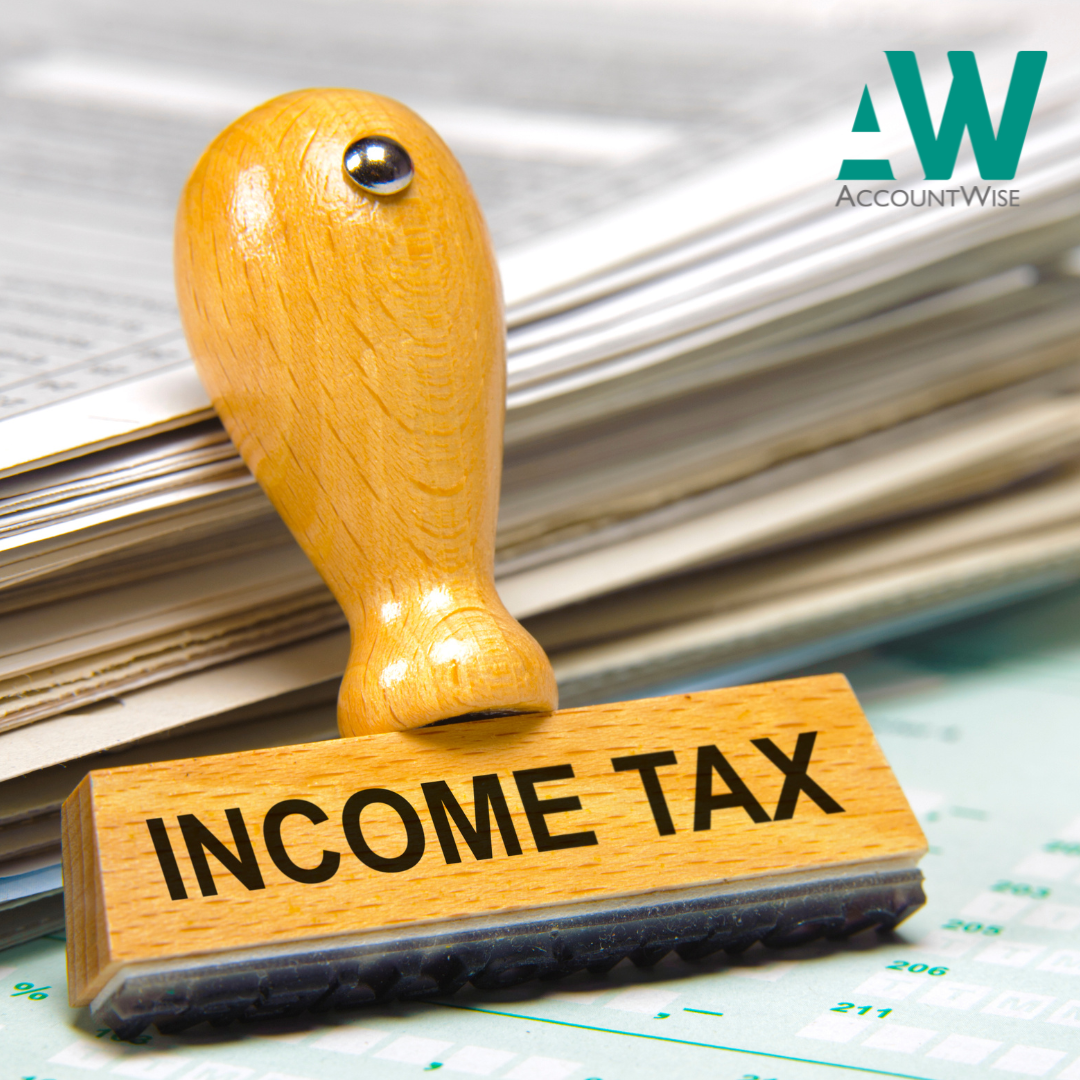Income tax rates and allowances for 2024/25
The 2024/25 tax year starts on 6 April 2024. Although many of the rates and thresholds are the same as for 2023/24, there are some changes. Income tax The income tax rates for 2024/25 for England, Northern Ireland, and Wales are set out in the table below. Rate Band of taxable income Basic rate … Read more










